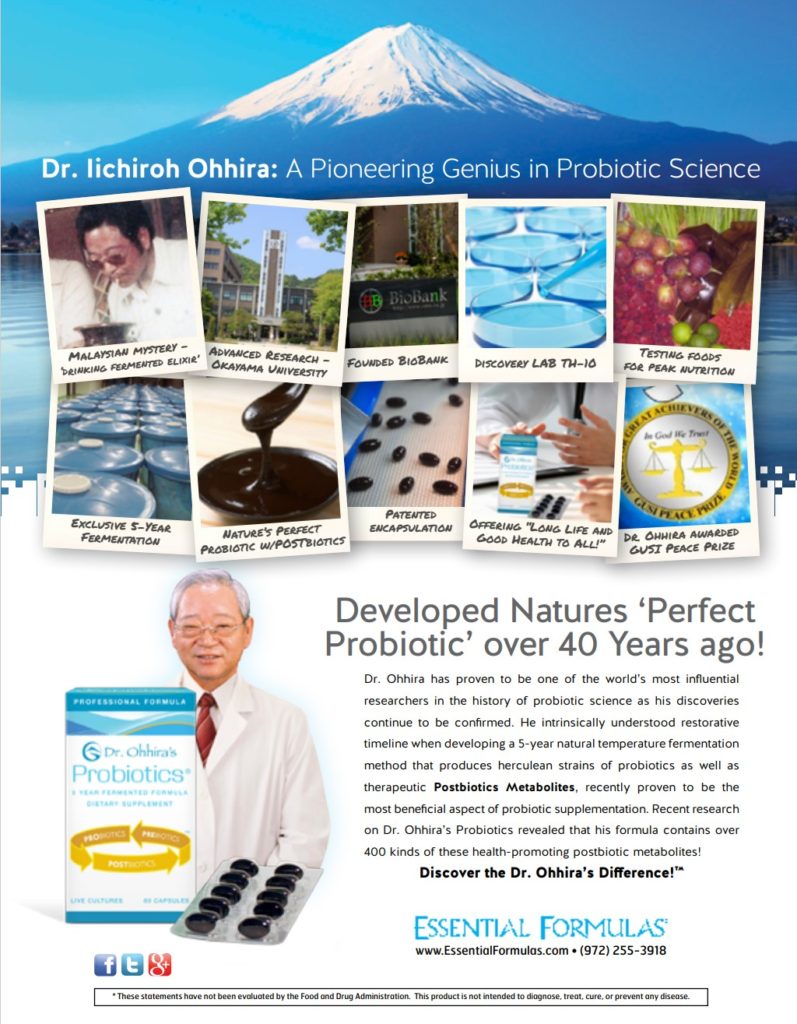Do you have enough playtime in your everyday life?
The older we get, the more responsibilities and must-do tasks demand our attention. Working adults tend to reject play as a waste of time (unless it involves some form of competition), but play may be an important key to healthy aging.
We know that playtime is essential for children. It helps them develop physical skills, encourages a creative and problem-solving state of mind, teaches them (through trial and error) how to get along with others. It has similar benefits for adults as well. Engaging in playfulness brings joy and decreases stress. It feeds and maintains friendships. It improves cognitive and psychological function and quality of life, all of which support well-being and healthy aging.
What is play?
True play focuses on means, not on outcome. People do not experience the stress of needing to succeed and are not inhibited by fear of failure. For example, some years ago I moved to a neighborhood in which everyone kept their lawn and shrubs neatly trimmed and weed-free. Following their model was work, not play for me. Then, I began to allow myself to relax, to experiment with ways to enrich the soil and explore how to attract more pollinators and wildlife to my yard. Now, I yearn to get out in the yard and play.
Play, according to Peter Gray, PhD, is a state in which the mind is active, alert, and not stressed—a state that allows experimentation and exploration. Play engages the imaginative, creative parts of our psyches, removing us from ‘serious’ life and decreasing stress. “’The mental state of play is what some researchers call ‘flow,’” he writes. “Attention is attuned to the activity itself, and there is reduced consciousness of self and time.”1
Play is an activity we choose and want to do. Play involves freedom, freedom to engage or to quit, freedom to explore, to try, and to fail. When we engage in play, we agree to the ‘rules’ or required parameters–and quit if the parameters don’t meet our needs and bring satisfaction. Dr. Gray says, “…adults who have a great deal of freedom as to how and when to do their work often experience that work as play even (in fact, especially) when the work is difficult. In contrast, people who must do just what others tell them to do at work rarely experience their work as play.”1 The issue of freedom is key and can merge the boundary between work and play.
Margarita Tartakovsky, MS, an associate editor at Psych Central, offers some ideas for adding play to your life. She suggests taking a “play history”2: “What did you do as a child that excited you? Did you engage in those activities alone or with others? Or both? How can you recreate that today?”
Did you like dancing or exploring the woods nearby? Did you have fun collecting rocks or drawing pictures? Another way to add play and its benefits to your life is to seek out playful beings. Young children have a gift for having fun, and the enthusiasms of companion animals can often lead their owners to non-stressed opportunities for play. Do you incorporate fun and play in your everyday life? If not, how can you add more?
References
1. Gray P. The Value of Play1: The Definition of Play Gives Insights (blog). November 18, 2008. www.psychologytoday.com
2. Tartakovksky M. The Importance of Play for Adults. No date. https://psychocentral.com/blog/the-importance-of-play-for-adults/
For more, see J. Klotter’s Shorts: Play and Aging. Townsend Letter. December 2018; 32-33.







